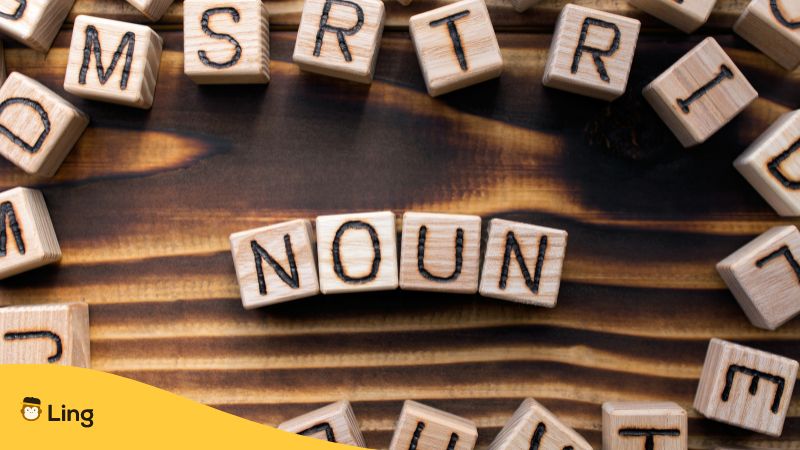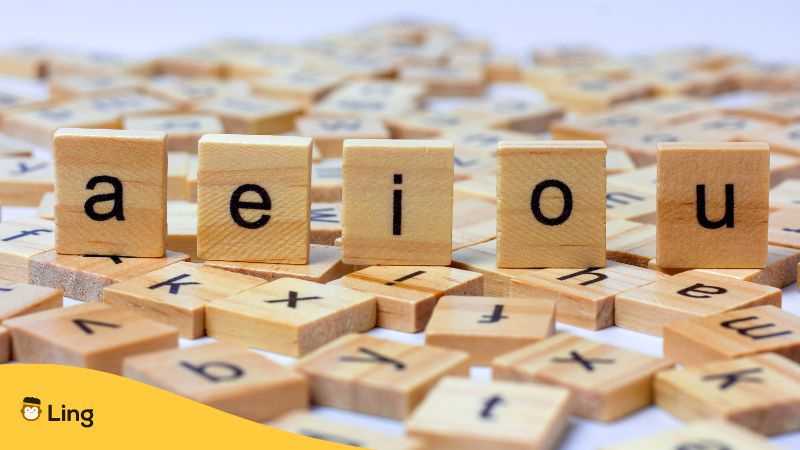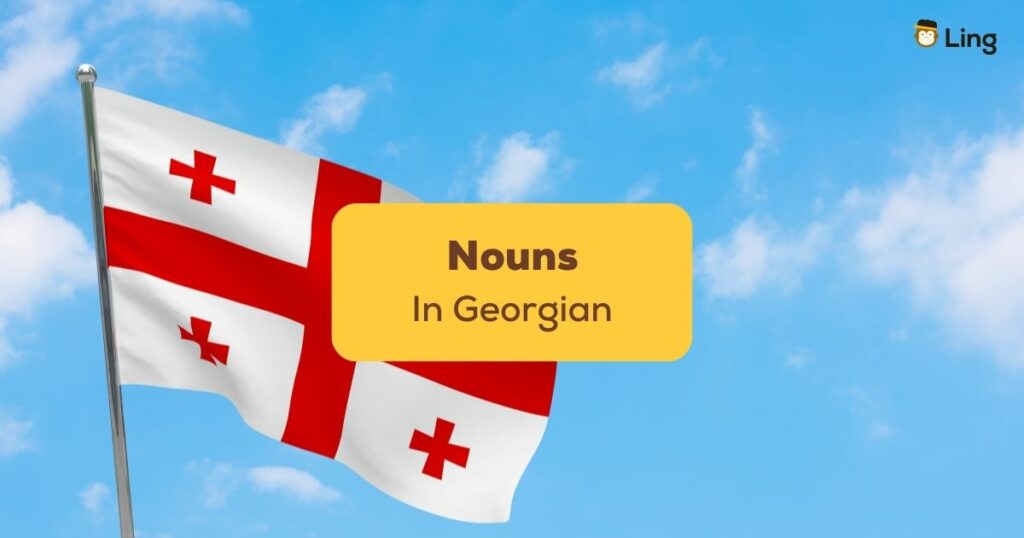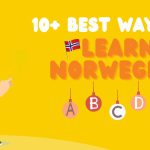Hey there! Are you ready to learn about Georgian nouns? Whether you’re daydreaming of strolling through Tbilisi’s charming streets or aiming to impress your Georgian pals, mastering these linguistic building blocks is your ticket to success! So, grab your magnifying glass because we’re about to embark on a journey through Georgian grammar.
From saying “hello” (გამარჯობა, aka “gamarjoba”!) to bidding farewell, nouns are your trusty companions every step of the way. With our structural reference grammar, we’re here to unravel cases, declensions, and all the good stuff, making Georgian as simple as your ABCs. So, if you’re keen to conquer Georgian nouns, you’re in the right spot. Let’s start!
Georgian Nouns: The Important Language Figures
Imagine words as the tiny building blocks of sentences. Just like Lego pieces fit together to create cool structures, nouns are the words that give names to people, places, and things. So, when you say “dog,” “cat,” or even “cake,” you’re using nouns to tell us what you’re talking about. Nouns are like magic keys that unlock the meaning of our conversations.

Georgian Nouns Makeover: Meet Declensions
Georgian nouns have a special trick up their sleeves called “noun declension.” Think of it as giving nouns different outfits for different jobs. When a noun changes its “clothes,” it shows its role in a sentence.
The Famous Seven Cases
Now, here comes the star-studded part: cases! In Georgian, nouns have seven special roles to play, and their distinct Georgian case endings make each role unique. Imagine you’re playing pretend. You can be a doctor, a teacher, or even a detective. Similarly, nouns in Georgian can be the “who” and “what” of a sentence in 7 cool ways. From saying “hello” to showing who’s doing what, these cases help us understand the whole story.
Nominative Case: The Spotlight Superstar
Imagine you’re on stage – who’s the center of attention? That’s the nominative case’s job! When a noun takes the lead in a sentence, like “The sun shines,” it’s in the nominative case. It’s the star, the one doing the action. Just like a superstar on stage!
Genitive Case: The Possession Prodigy
Ever heard someone say, “That’s the dog’s bone”? Well, that’s the genitive case at work! It shows who owns what. It’s like pointing at a treasure chest and saying, “The key’s treasure.” The genitive case helps us figure out who the treasure belongs to.
Dative Case: The Sharing Sidekick
Imagine you’re sharing cookies with a friend – you’re the giver, and your friend is the receiver. The dative case steps in to help us figure out who’s getting what. In “I gave the cat a treat,” the dative case is on duty, showing the lucky cat getting the treat.
Accusative Case: The Direct Action Hero
When someone or something gets the action done to them, that’s where the accusative case shines. It’s like saying, “I’m reading a book” – the book is getting read. And when you’re talking about motion towards something, like “She’s going to the park,” the accusative case is there to guide the way!
Vocative Case: The Friendly Caller
Have you ever called out to someone by name? That’s the vocative case in action! It’s like saying, “Hey, friend!” or “Hi, Mom!” It’s the case that gives a shout-out to who or what you’re talking to.
Ergative Case: The Action Director
When there’s action happening to something or someone else, the ergative case shows up. It’s like saying, “The chef cooked a delicious meal.” The chef is making the meal happen, and that’s the ergative case’s cue to step in!
Instrumental Case: The Tool Time Expert
Imagine you’re baking a cake with a spatula. The instrumental case is like the spatula – it shows us the tool you’re using to make things happen. So, when you say, “She wrote with a pen,” the instrumental case is here to tell us about that trusty pen!
Exploring The Process Of Noun Inflection And Formation
In this section, we’ll uncover the systematic process of modifying nouns to convey different roles and meanings within sentences. Noun declensions play a pivotal role in shaping the structure of Georgian sentences. Furthermore, in specific formal situations, Georgian uses Old Georgian case endings distinct from those utilized in modern Georgian. Understanding how they work is essential for gaining a strong grasp of the language’s intricacies.
Here’s a step-by-step guide on crafting noun declensions:
1. Select a Noun: Begin with your chosen noun, like “friend” or “house.”
2. Identify the Stem: Locate the word’s central component – the stem. Think of it as the nucleus of the noun.
3. Apply the Transformation: Attach distinct endings to the stem. These endings vary according to the noun’s designated role in the sentence.
Here’s where the consonant final stem example becomes relevant. With these variations, you’ve adeptly created a declension, and the addition of the plural suffix adds another layer of complexity, reflecting the diversity of the language’s expression.
Vowel Vs. Consonant Stems
Now, let’s delve into the fascinating details. When a noun’s stem concludes with a vowel, it might choose to maintain that vowel sound. On the other hand, if it ends with a consonant, it could opt for a change to ensure a smooth and natural rhythm. For instance, consider the noun “friend” (მეგობრი), which transforms into მეგობრთა (megobrta) when discussing something involving a friend.
Keep in mind the goal here is to align the noun with its intended role, much like selecting an appropriate outfit for a specific event. Whether we’re dealing with vowel endings or consonant alternations, these declension techniques operate akin to skilled fashion designers, ensuring that the noun seamlessly integrates into every sentence.
The Flowing Of Nouns And Verbs
The relationship between Georgian nouns and verbs involves a seamless connection. Nouns set the context for verbs, providing the necessary elements for the action. Verbs, in turn, function either with a direct object (transitive verbs) or independently (intransitive verbs).
The realm of verbs also encompasses irregular verbs, which add an element of unpredictability to sentences. Additionally, verbs can interact indirectly, forming a partnership with indirect verbs and objects. This interplay between nouns and verbs creates a dynamic structure in sentences.

Learn Georgian With Ling!
Fear not, eager learners! Challenges are simply the stepping stones that pave the path to victory. With the right strategies on word order and a sprinkle of practice, paired with a dash of determination, mastering Georgian noun declensions will soon become as familiar as your favorite tunes.
Remember, It’s like leveling up in a video game – each challenge you conquer inches you closer to the grand prize: becoming a master of the art of Georgian nouns. Ready to level up your language skills? Whether you’re a language newbie or a seasoned pro, the Ling app makes learning a breeze. No more snoozing through boring lessons – it’s time to play your way to fluency! Don’t miss out – start your linguistic adventure now!
Download it on the App Store and Play Store today, and embark on a journey of fun and discovery.


































































